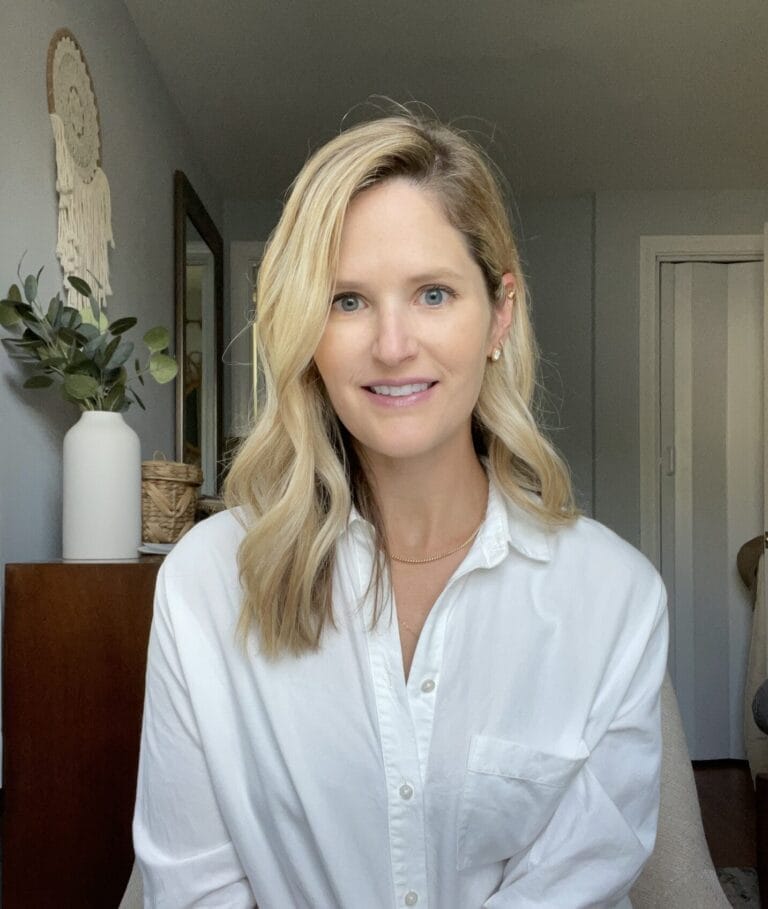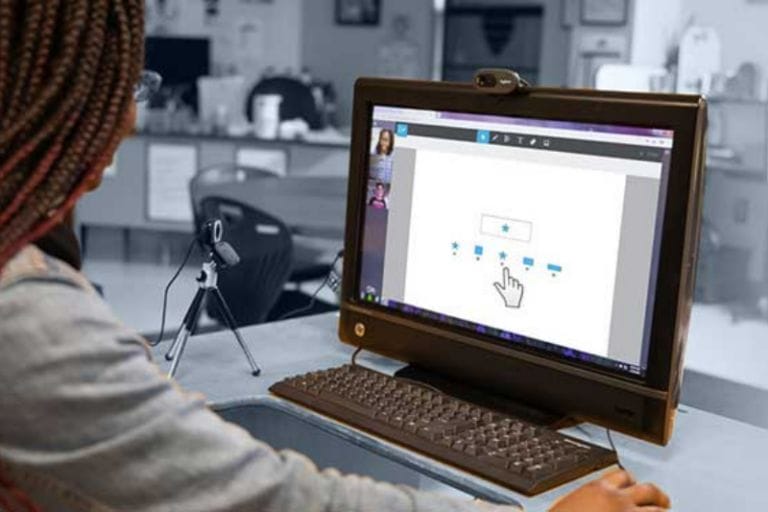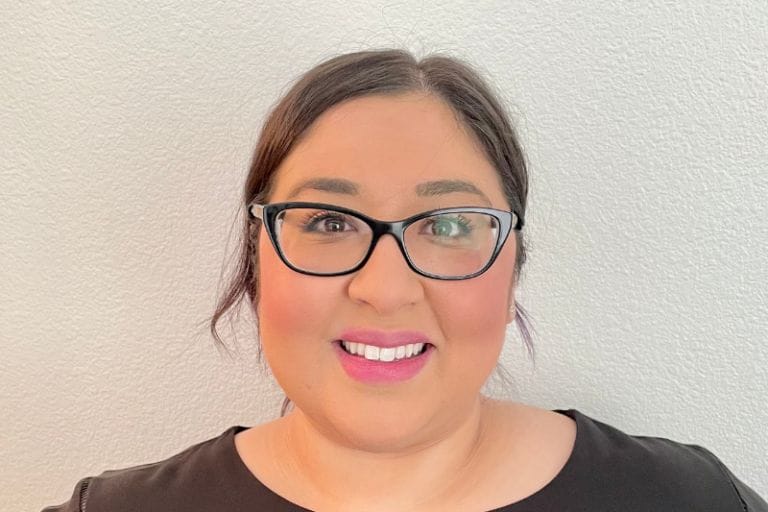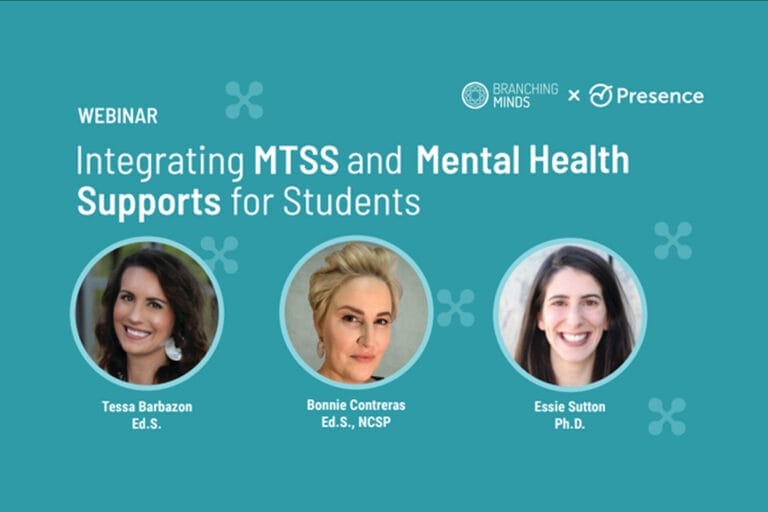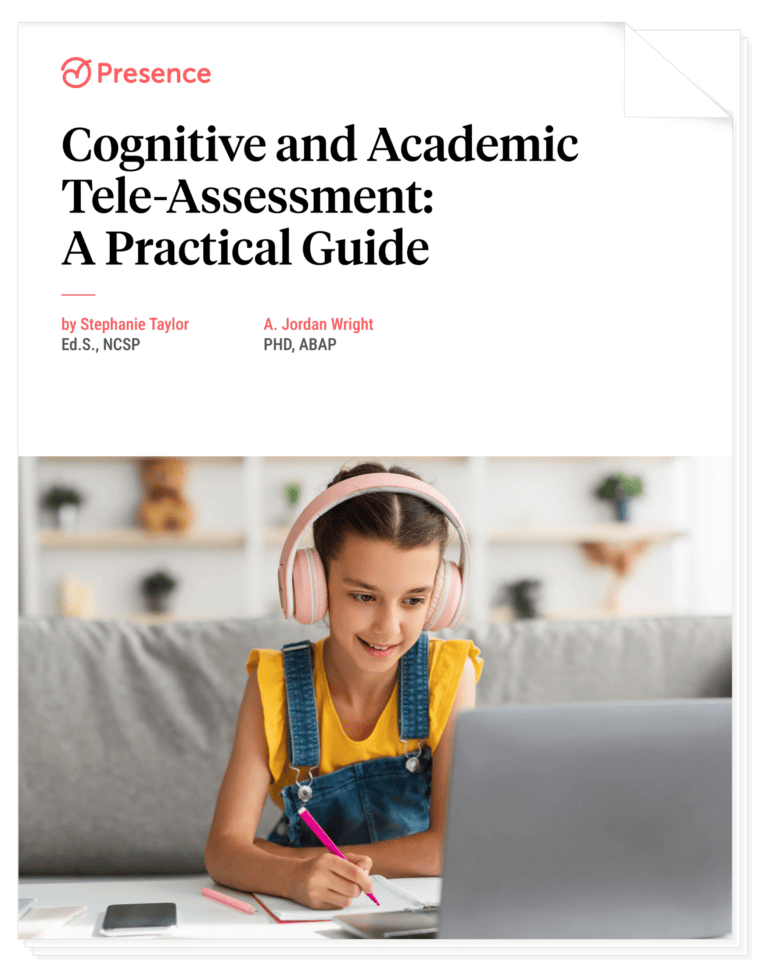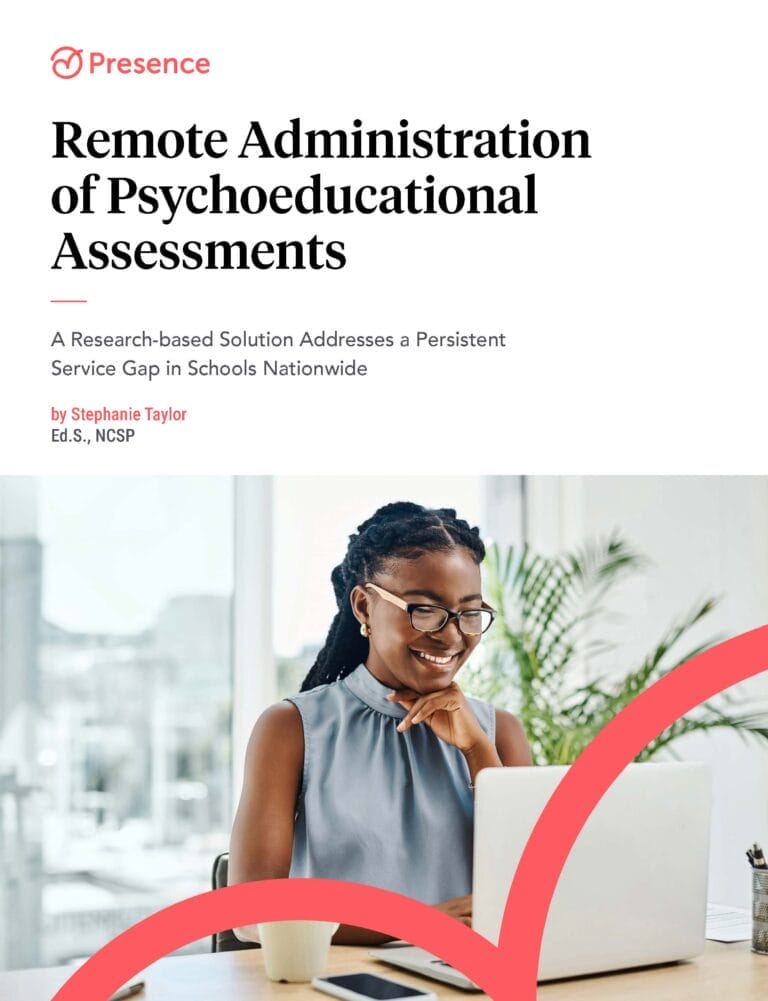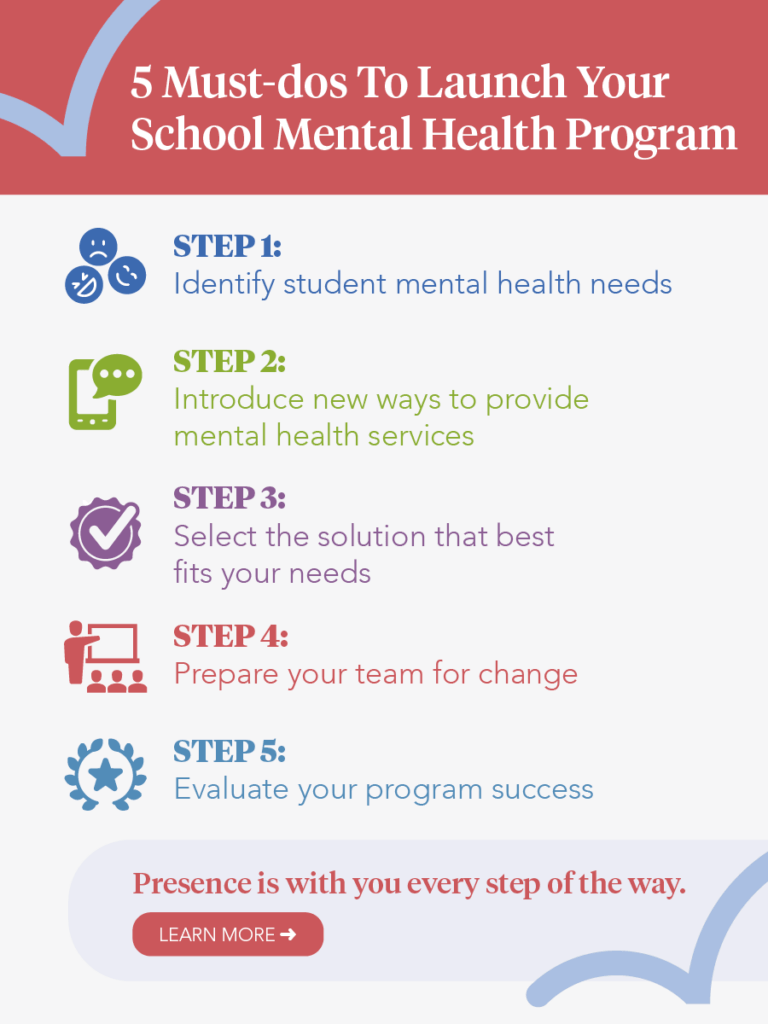Presence insights
After 6 million sessions, here’s what we’ve learned about using technology in therapy and how to support children with diverse needs.
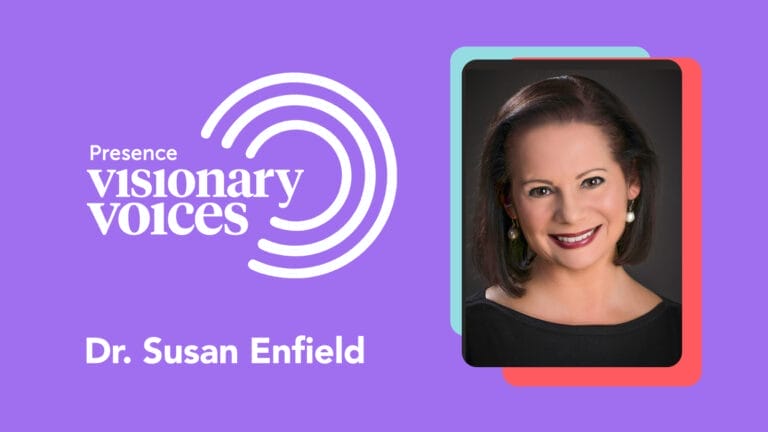
Video March 12, 2024
Visionary Voices: Navigating change with people-centered leadership
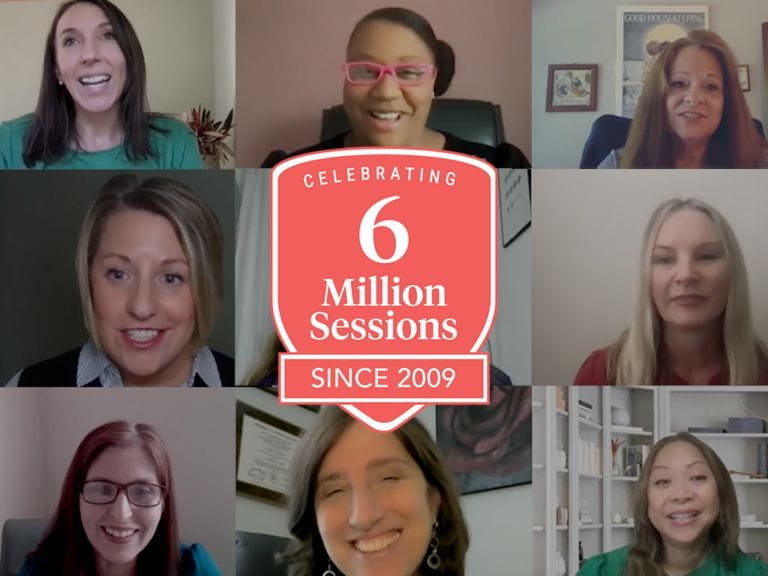
Article October 26, 2023
Presence Celebrates Delivery of Over 6 Million Teletherapy Sessions
Trending
Discover popular articles and resources from Presence.
What are you interested in?
Provider spotlight
Meet our clinicians
Our network of 2000+ licensed clinicians come from diverse backgrounds, all over the country. Learn how partnering with Presence empowers them to do what they love, in new ways.
Webinars
Gain insight into therapy trends and best practices with our on-demand webinars, featuring clinical experts.
Resources
Practical guides for schools and clinicians
Access downloadable resources for teletherapy, managing caseloads, conducting remote evaluations, and more.
In the news
Read recent news about Presence, our team, and our modern therapy platform.
Schedule a free consultation
Discover how you can optimize your special education and counseling services by partnering with Presence.
